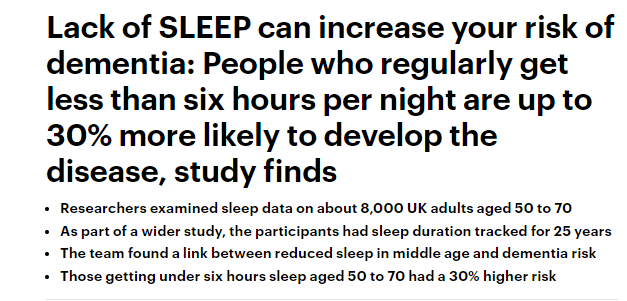
This sort of scientific gatekeeping is bizarre and incomprehensible
As someone who was the victim of a similar effort recently, I find it extensively gross to see senior scientists practising eminence-based science
As someone who was the victim of a similar effort recently, I find it extensively gross to see senior scientists practising eminence-based science
https://twitter.com/MLevitt_NP2013/status/1393600374108418048
Graduate students are the backbone of all scientific endeavours, and often do amazing work without which we would all be lost
Perhaps more importantly, it is fundamentally unscientific to argue that someone's publication record makes any difference to the truth of their arguments
Indeed, it appears that Levitt's dislike of this paper is that it mentions him by name, rather than any problem with the academic quality of the work 

Presumably, given that the only argument being made here is that the lead authors are not senior academics, Dr. Levitt agrees with the content of the paper in its entirety and has no scientific objection to it whatsoever
• • •
Missing some Tweet in this thread? You can try to
force a refresh








